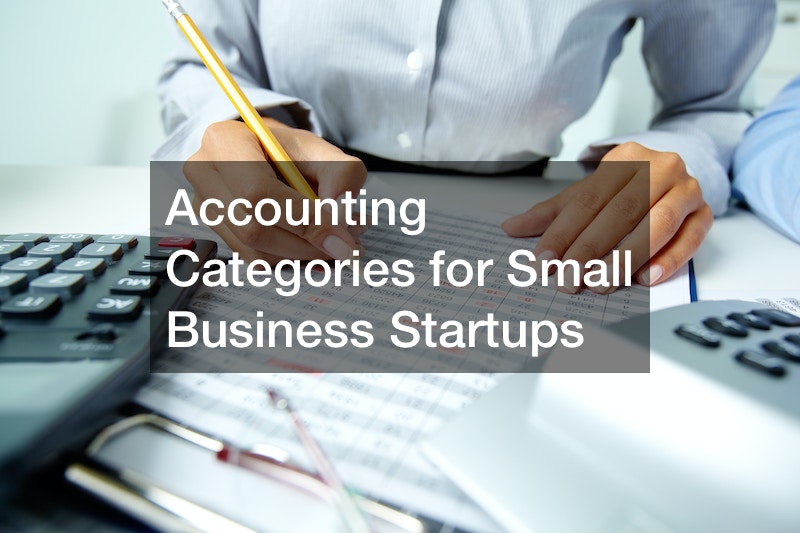
https://forumrating.com/accounting-categories-for-small-business-startups/
You can set up receivables and payable accounts. The accounts can be separate for each or you could combine the accounts into one. Two options are available that you could choose to keep each account separate or you can combine them to form one.
Accounting software can be utilized to track your receivables and payable accounts. It will allow you to monitor all of your financial information from one location. This can make it easier to track where your money is going.
Another way to keep track of these accounts is to use the spreadsheet. If you’re trying to manage the financial situation more precisely you can do so using a spreadsheet. You can create an excel spreadsheet with every detail about payable and receivables accounts. Then, you can track this information manually.
You can keep track of both your payable and receivable accounts however you’d like. You must be able to locate the data quickly and comprehend the information. By taking the time to create a reliable way to track this data will help you save a great deal of time and energy over the long haul.
8. Rent and Utilities
Rent and utilities can be major expenses for small companies that just started. You can track the monthly costs to set a budget. This can assist you in keeping your finances organized and prevent overspending. It could be electric, water, and gas. The costs can vary from month to month therefore make sure to be aware of them. In order to better estimate your utility costs, you might want to make an expense budget.
Rent is an additional expense that you should track. Rent payments will be outlined in your lease agreement. Make sure to track your rent payments in order to stay up to date on your obligations. When you keep track of your rent and utility costs, you will be able to more effectively manage your money as well as improve efficiency for the accounting process.
krp4uttt87.